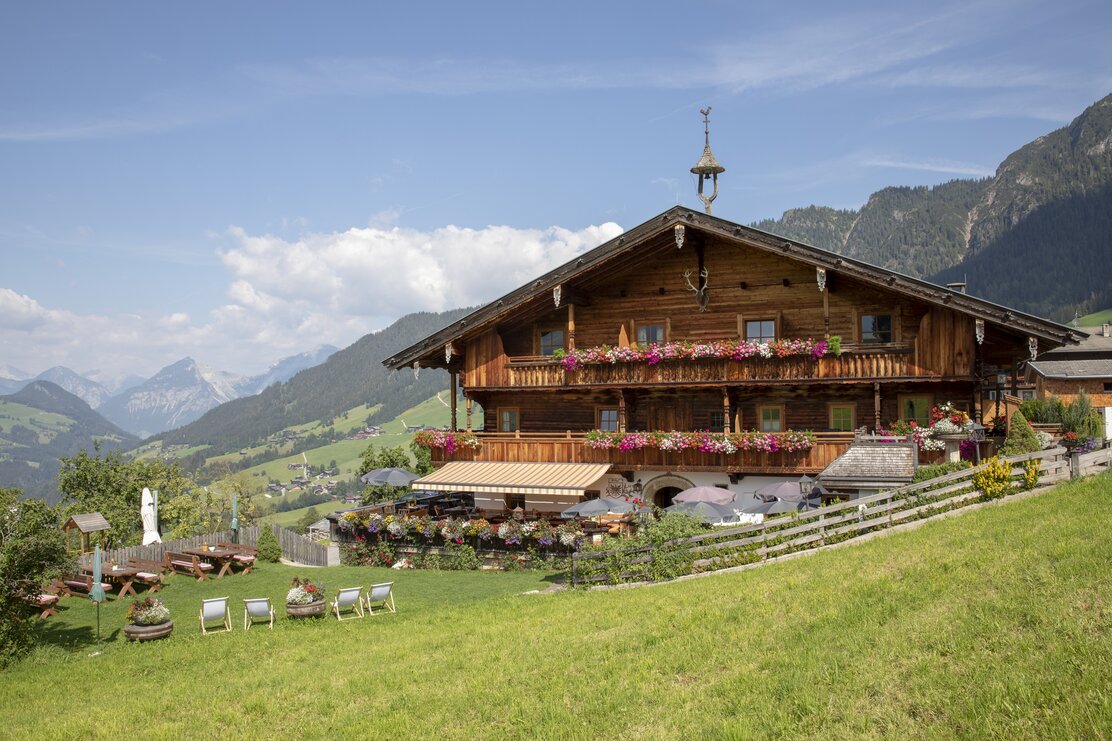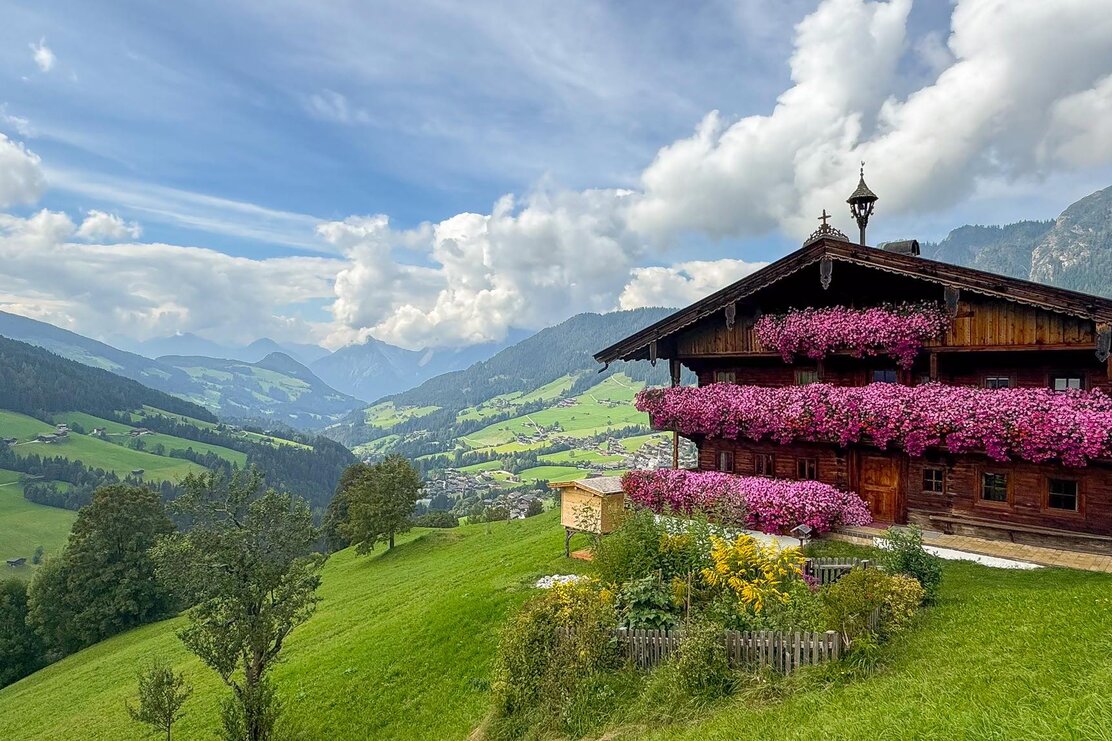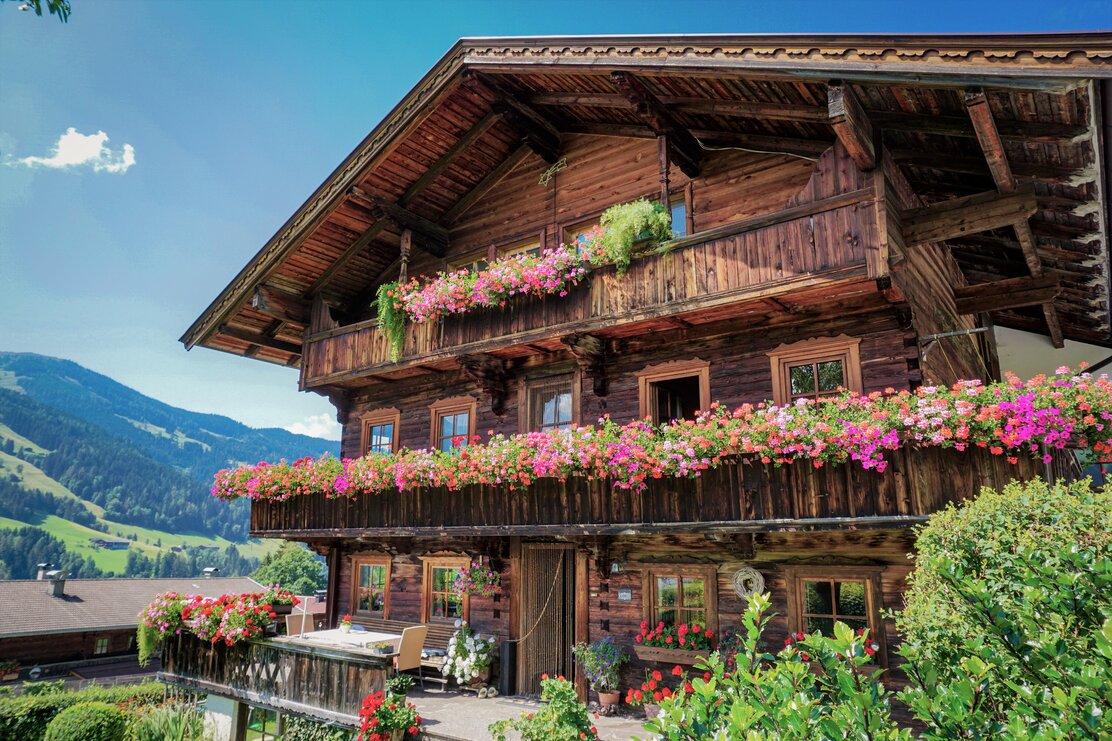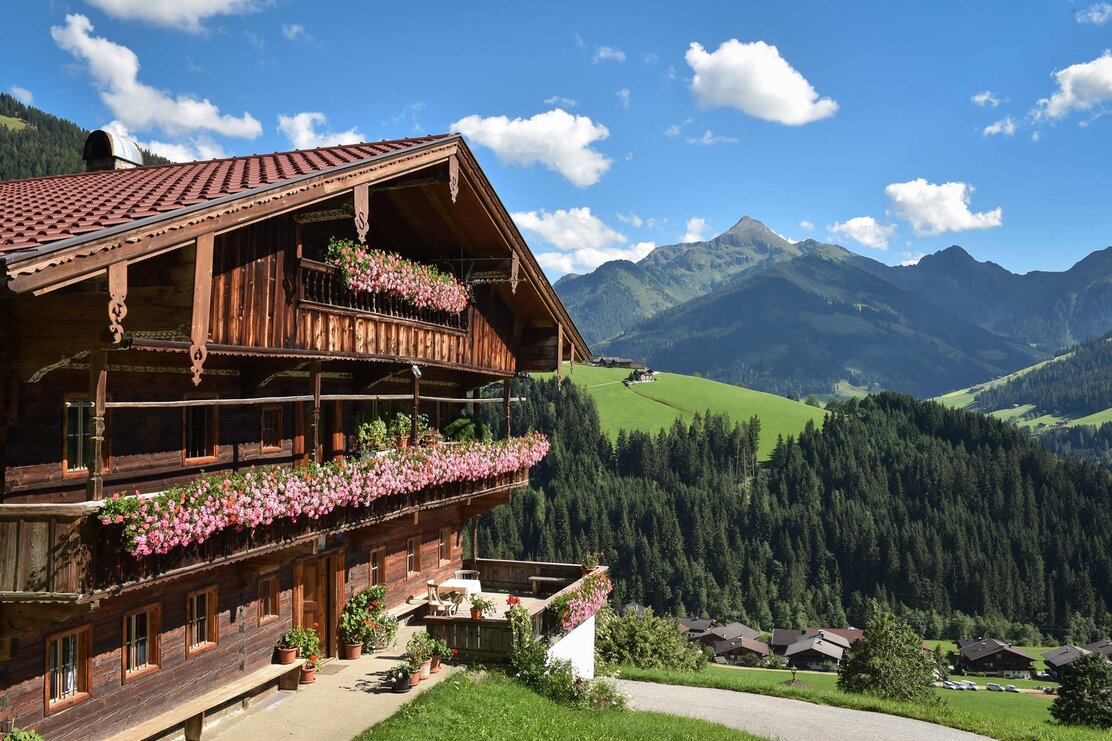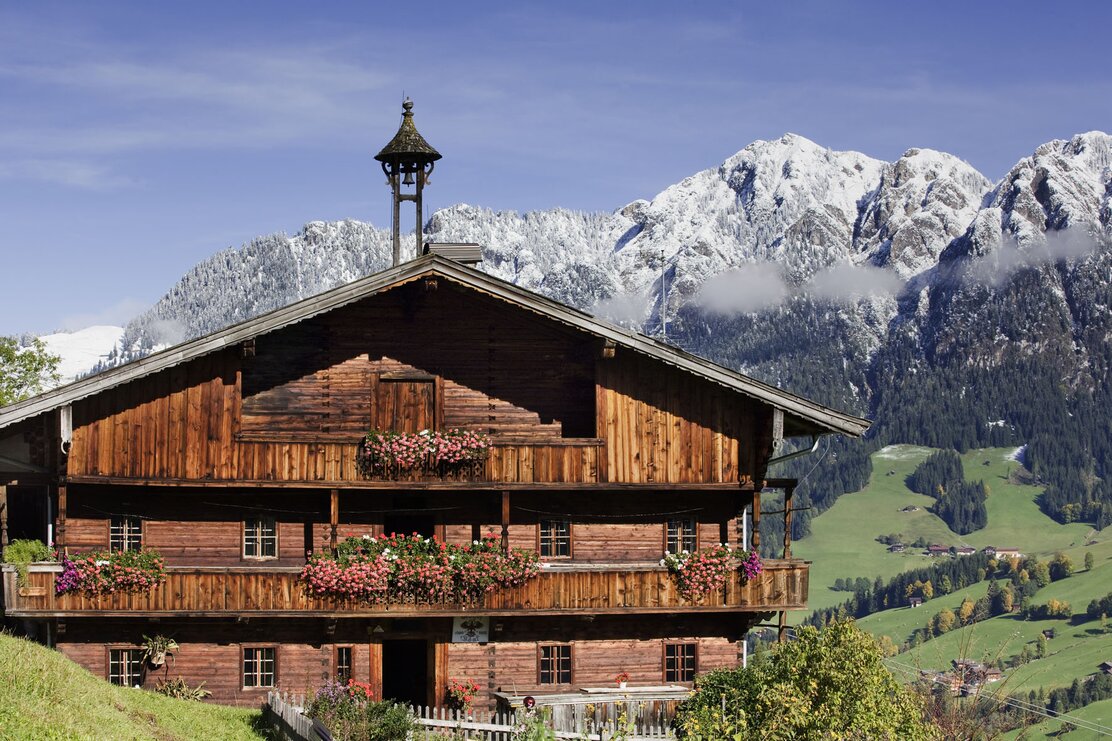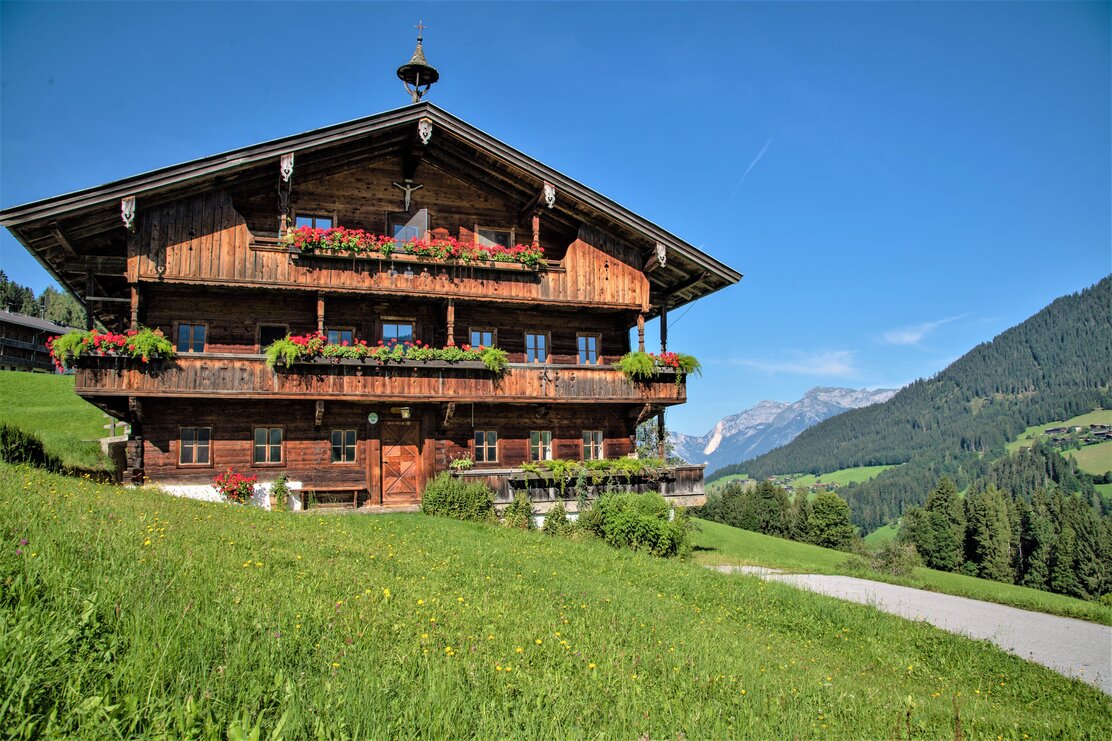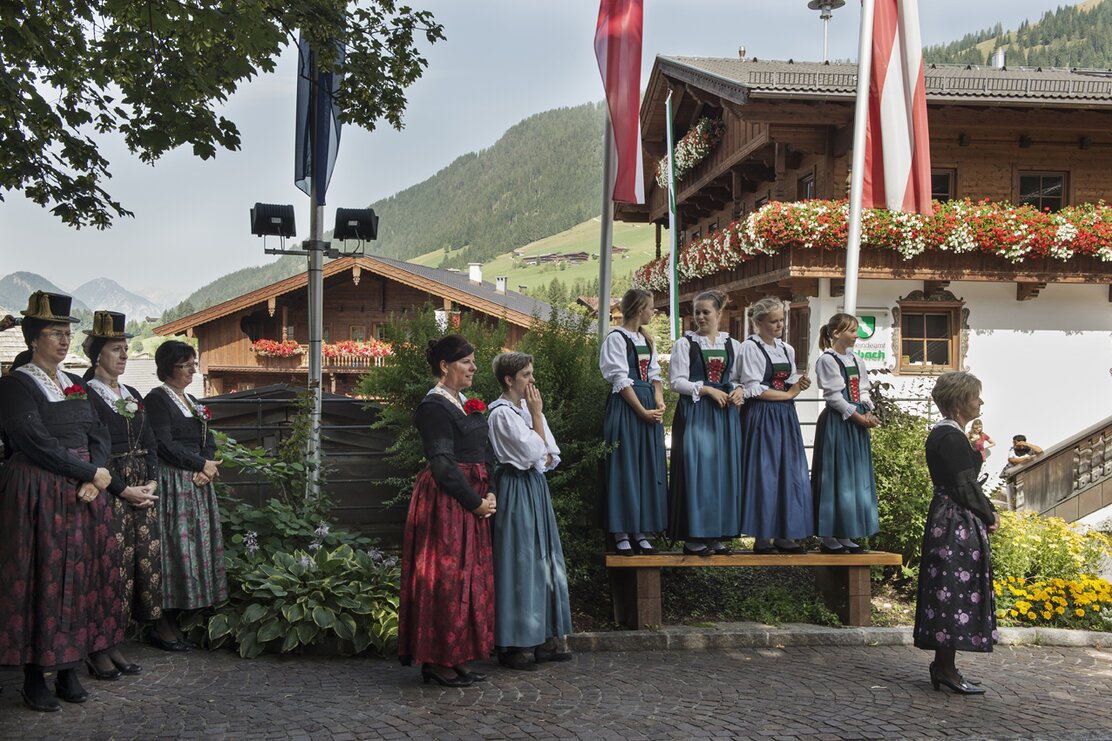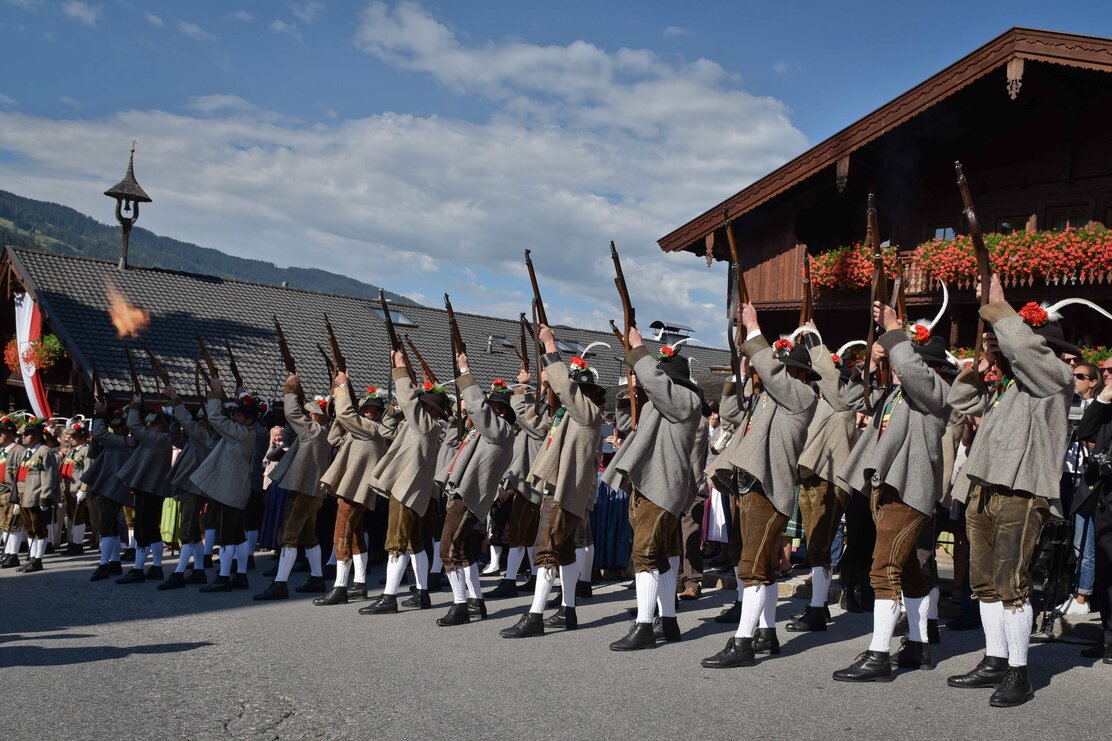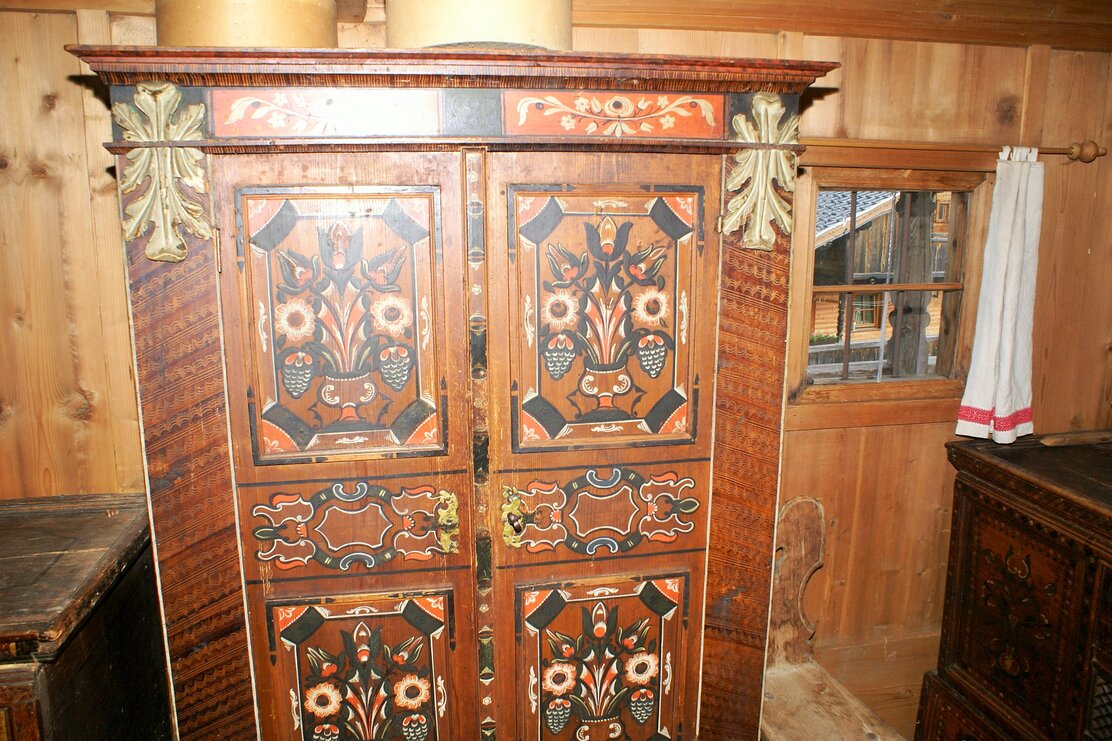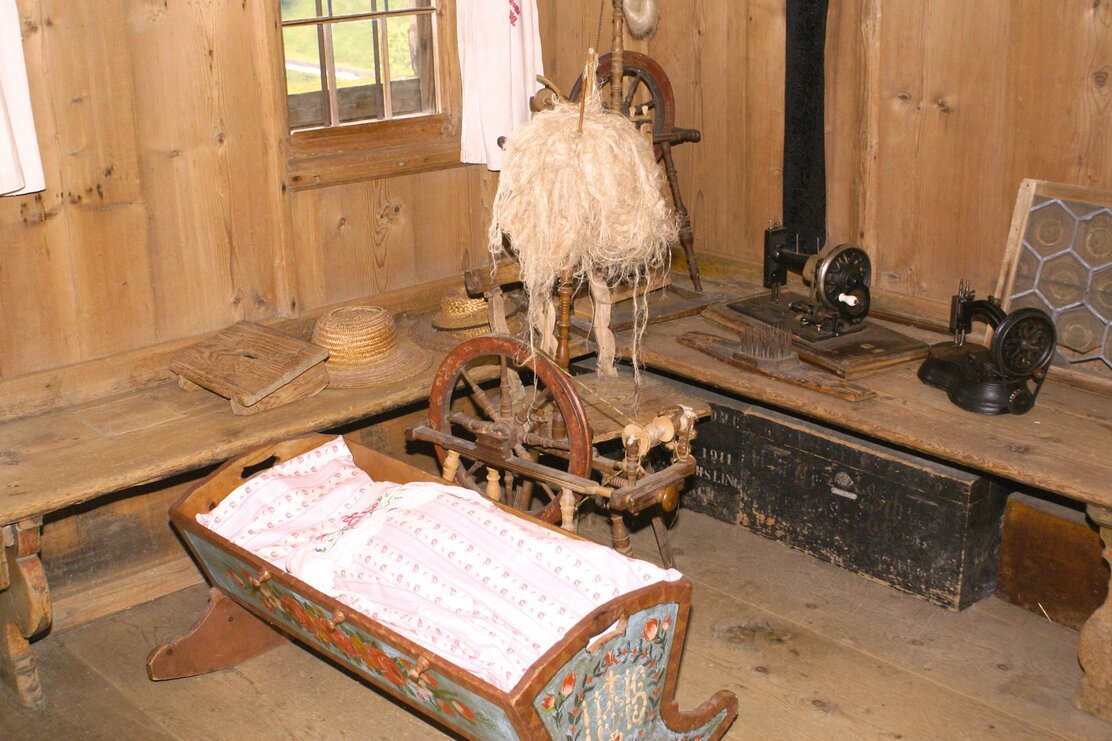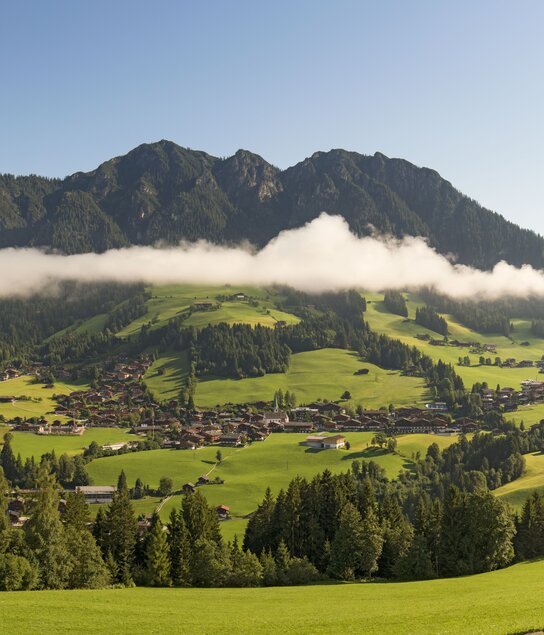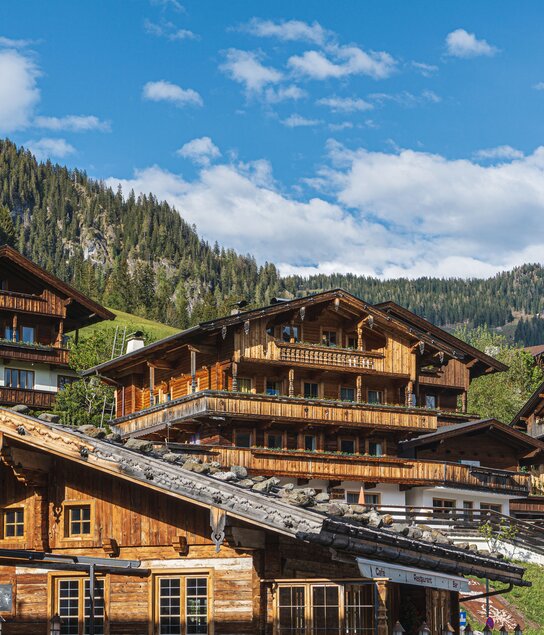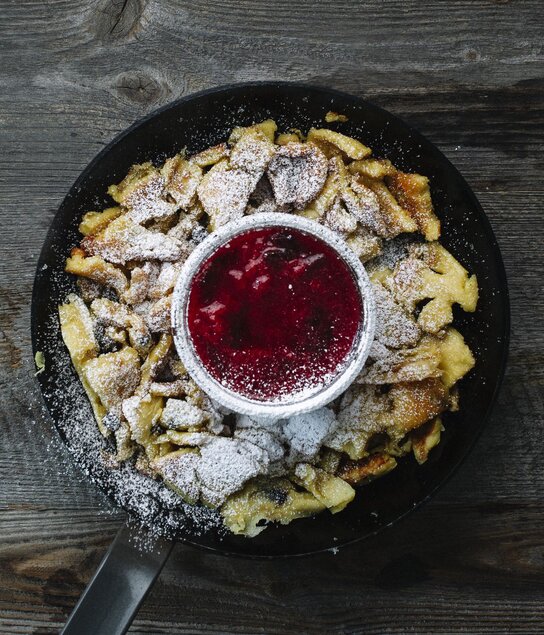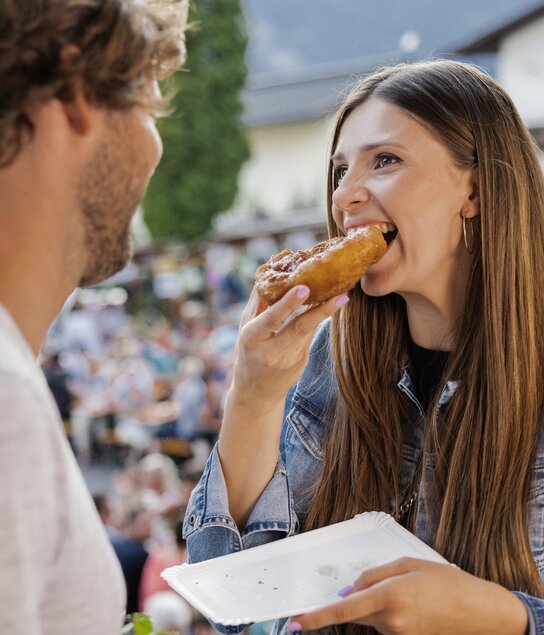
Unique Alpbach
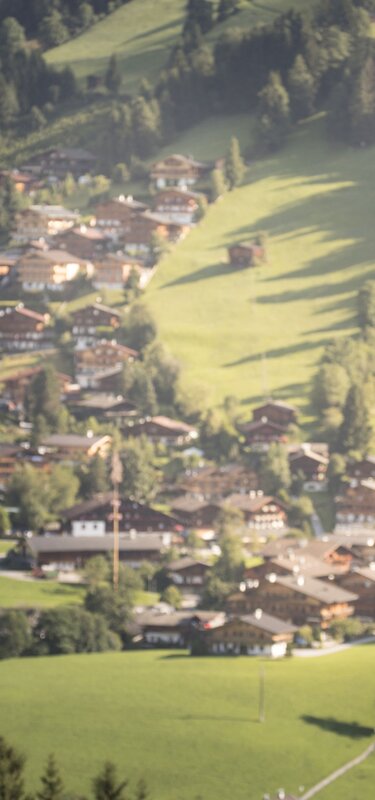

Why Alpbach is so special
"Why does everyone here live in wooden houses?", "Why are there so many farms here?" and "What language do the locals speak ?".
These could be some of the questions that come to mind as you stroll through the rustic mountain village of Alpbach in Tyrol. You'll soon realise that tradition and profundity are closely connected. Let us answer all your questions about "Austria's Most Beautiful Village".
For probably the strictest building regulations in the whole country, the beautiful hereditary farms, the Alpbach farmhouse furniture and the culinary secrets make the village something very special! Discover Alpbach's treasures with us!
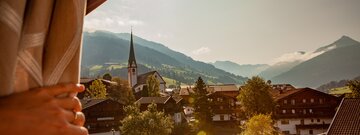
Answers to your questions
For a long time, Alpbach was a very remote mountain village that was difficult to reach from the Inn Valley. It was not until 1926 that the first road was built from the bottom of the valley.
Alpbach has therefore preserved its authentic village image with its solid rustic wooden houses to this day. In many of the houses you will find original Alpbach farmhouse furniture and many customs have also been preserved over the centuries. The traces of old craftsmanship are also more evident here than elsewhere. Alpbach owes these special features in part to the late construction of the road up from the valley.
Alpbach building style
Let us tell you why the houses in Alpbach all look so alike.
On the initiative of Kommerzialrat Alfons Moser, Alpbach's mayor from 1945 to 1979, the local council passed the local building regulations in 1953 and decreed that new buildings must conform to the traditional Alpbach architectural style. The characteristics of this alpine architecture are immediately apparent: only the ground floor of a house is stonework, from the first floor up walls must be clad in wood. Living in Alpbach is therefore a very special privilege.
In August 1983 Alpbach was voted "Austria's Most Beautiful Village" in a television competition organised by the ORF (Austrian Broadcasting Corporation) on account of its uniform wooden building style and floral decorations.
The only exception to these building regulations is the Congress Center Alpbach - a masterpiece that blends design, ambiance and functionality and sophisticated conference technology. So as to fit in with the homogenous architectural style the building was built into the slope. A glass spiral gives daylight to the buildings interior. The view from the terrace towards the village and the surrounding valley is unique.
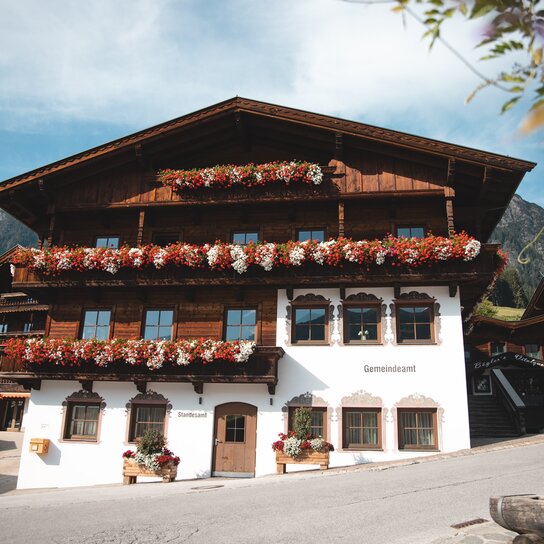

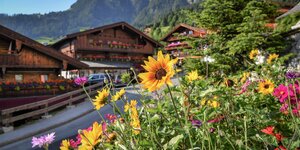

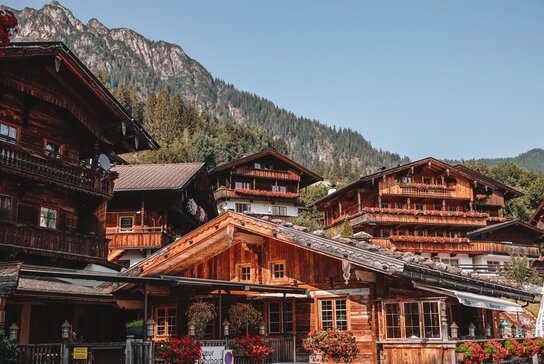

Traditional farms
Farms
There are over 100 farms in Alpbach, most of which have been preserved in their original state. The high density of working farms contributes to Alpbach's flair. In Alpbach, living with the locals is the main focus.
Hereditary farms
There are over 20 hereditary farms in Alpbach. The designation of "Erbhof" (hereditary farm) is awarded to families who have owned and managed a farm for several generations and for at least 200 years in a direct line. They thus have the right to bear the honorary title "Erbhof" on a plaque.
As far as age is concerned, the Alpbach Erbhof farmers (=hereditary farms) are probably the absolute front runners with an average length of ownership of over 300 years. Three of these families have run their farms for over 400 years old. The centuries-long family tradition - with an average of 10 generations on a hereditary farm - endures in the great age of the buildings.
It is precisely the early onset of interaction between agriculture and tourism in Alpbach that seems to be the best guarantee of survival. This is the only way to explain why all the hereditary farms in Alpbach have survived the general "farmers' death" over the last 60 years unscathed.
How about dining in an original Alpbach hereditary farm?
Then we recommend the Alpengasthof Roßmoos, a Tyrolean inn located at 1,130 metres.
Alpbach dialect
Most tourists probably have to listen very carefully on their first visit to Alpbach. In Alpbach, people actually speak German, like all Tyroleans and Austrians, but you come across words, which are barely used anywhere else. The dialect in the Alpbachtal is also special and differs significantly from other areas in the Tyrol.
The Alpbach dialect sounds soft and is conventional at the same time. Over the course of time, the dialect in the Alpbachtal has hardly changed. The people of Alpbach call themselves "Åibeckarinna" or "Åibecka". So anyone who says "Alpbacher" can't be a real Alpbacher.

Farmhouse furniture & traditional costumes
Alpbach farmhouse furniture
The furniture has special characteristics which became sought-after collector's items from early on. Alpbach furniture can be found not only in museums, but also in private households throughout the Tyrol and Bavaria. A number of outstanding chests and boxes have been preserved in Alpbach.
In addition to the quality of the craftsmanship, the furniture is adorned by distinguished painting.
Alpbach furniture is always associated with the Alpbach family Bletzacher, who devoted themselves to furniture making for generations (since 1716). For a long time, the family was considered the only craftsman's business to possess a trade licence. In addition to the Bletzachers other people who were also described as faber lignarius (loosely: craftsman, carpenter) are mentioned in the Alpbach funeral registers.
Would you like to see some of these wonderful cupbaords, beds and chests? Then pay a visit to the Alpbach Mountain Farm Museum in Inneralpbach or the Museum of Tyrolean Farmhouses in Kramsach.
Traditional Alpbach clothing
On festive occasions, the Alpbachers proudly wear their traditional costume. Blue, black and green are the dominating colours in the women's festive garments. Whoever decides to wear a traditional costume wants to fashionably express their attachment to the area in which they live. Of course, every valley community has its own traditional costume. The Alpbach costume, for example, is known for its red and white floral odernment on the back.
Mehr über die Alpbacher FesttagsgewänderCulinary delicacies in Alpbach
At the Zottahof high above Alpbach, the Kaiserschmarrn recipe is guarded like a treasure: Family members are sworn to secrecy regarding the recipe for the delicious Kaiserschmarren. The fluffy dish is not served in small pieces as usual, but as a whole giant omelette. It is served with cranberries.
Another Zottahof speciality is their Löffelmilch (=spoon milk). This recipe is also "top secret". We only know this much: the ingredients are milk from the farm, sugar, a shot of rum and wine. So that you can take your time to savour the drink, it is drunk spoonfull by spoonfull.
The many events and festivals in the Alpbachtal provide for ideal opportunities to taste regional delicacies as is the case at the Almabtrieb in Reith i. A. or at the Alpbachtaler Strawanzer Nights.
Did you know that water plays an important role in Alpbach? Alpbach was awarded the title of Austria's first "crystal community" by the Seibersdorf Research Centre for its excellent water quality. Jos Moser brews Alpbacher Kristallbier using the crystal water in his one-man brewery in Alpbach. Plan a visit to his brewery during your Alpbachtal holiday.
Regional delicacies & recipes